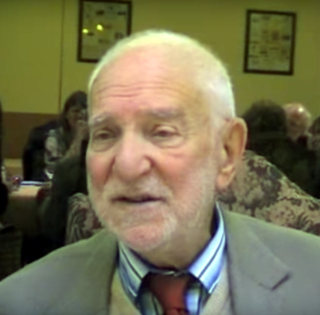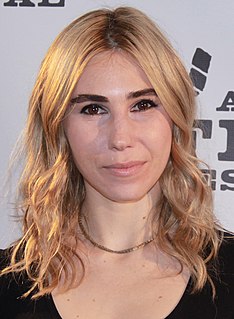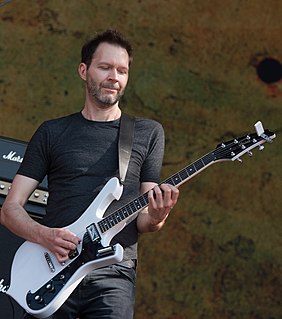A Quote by Don Winslow
It's important to me that the reader goes on a ride with the characters, that you set context enough to know, "Okay, here's where we are in the world. Now we're just going to go inside this person's head, this guy's heart, this woman's ambitions and take it down to very, very small scale."
Related Quotes
The world is like a ride in an amusement park. And when you choose to go on it you think it's real because that's how powerful our minds are. And the ride goes up and down and round and round. It has thrills and chills and it's very brightly coloured and it's very loud and it's fun, for a while. Some people have been on the ride for a long time and they begin to question: "Is this real, or is this just a ride?" And other people have remembered, and they come back to us, they say, "Hey, don't worry, don't be afraid, ever, because this is just a ride." And we kill those people.
You know, when I was nineteen, Grandpa took me on a roller coaster. Up, down, up, down. Oh, what a ride! I always wanted to go again. You know, it was just so interesting to me that a ride could make me so frightened, so scared, so sick, so excited, and so thrilled all together! Some didn't like it. They went on the merry-go-round. That just goes around. Nothing. I like the roller coaster. You get more out of it.
I think at some level, it's just alchemy that we, as writers, can't explain when we write the characters. I don't set out to create the characters - they're not, to me, collections of quirks that I can put together. I discover the characters, instead. I usually go through a standard set of interview questions with the character in the beginning and ask the vital stuff: What's important to you? What do you love? Hate? Fear? .. and then I know where to start. But the characters just grow on their own, at a certain point. And start surprising me.
I love musicals but it's very, very different. It's really just a different form than serious drama, and has very different rules and a completely different set of characters and requirements and ambitions. It maybe shouldn't be as separate as it is, but it's got a different history. In terms of serious drama, I think you'd have to say that you could break it down essentially into the narrative realist tradition and experimental theater.
It's a fact, the majority of films in Hollywood are from the male perspective. And the female characters, very rarely do they get to speak to another female character in a movie, and when they do it's usually about a guy, not anything else. So they're very male-centric, Hollywood films, in general. So I think it's incredible that Ned Benson, when I said I'd love to know where she goes, says okay, I'm going to write another film from the female perspective.
I don't think most people know how to meditate - they fall asleep and they call it meditation. I prefer a kind of sweet, deep, rich prayer in which a person goes in and says, Take me down deep into the reason you gave me life. Take me down deep. It silences the chaos in me. Take me away from my sense. I need to go away now, because I'm in chaos - take me down deep. Hover over me, because I need grace. I say that a lot, many times a day. So that's my practice.
It's so easy to practice out of context. For example, if you're learning a scale, you take that scale and you sit in your room and you go up and down the fretboard, over and over. You've gotta do that, because you need to get that scale working. But you have to keep in mind that that's not the finished product. That's the starting point.


































